The Vietnamese love language walks a delicate line between tenderness and silence. Through years of hardships and striving for the common good, love becomes internalized. Instead of words, it’s tucked quietly into meals, scoldings, errands, and gestures so subtle they’re almost invisible unless one has grown a keen eye.
Growing up without hearing “I love you” can leave a child unsure, searching. But over time, those small, tender acts begin to take shape. As one learns to read between the lines, they realize they’ve been loved all along the way.
“Ăn nhiều lên” - I want you strong
In other words: When you reserve the best piece of the meal for the person you love most.
In a Vietnamese family meal, love is served warm with a bowl of steaming white rice and a hearty canh sườn (pork rib soup). The golden drops of váng dầu (rendered fat) on the surface shimmer and dance like fireflies caught in the late afternoon sun.
My grandmother often reminded me: “Hạt gạo là hạt ngọc của trời” — rice is the gem of heaven. Each grain carries the weight of farmers’ months in the fields: sunburnt backs, muddy feet, aching shoulders.
To offer food is to offer effort. And to offer effort is to offer love. You know you’re cherished when someone places the best piece of fish into your bowl. And one day, when you find yourself doing the same to a kid you love, be it your brother’s son or your friend’s nephew, you realize you’ve grown up. You’ve inherited that quiet language of care.
The love language delivered through food doesn’t just live in families. In friendships, in love, in chosen kin, Vietnamese affection all begins with, “Ăn chưa?” (Have you eaten yet?)
Sometimes, that’s all it takes to feel cared for.
“Ăn được, ngủ được là tiên” – The biggest blessing is to eat well and sleep well.
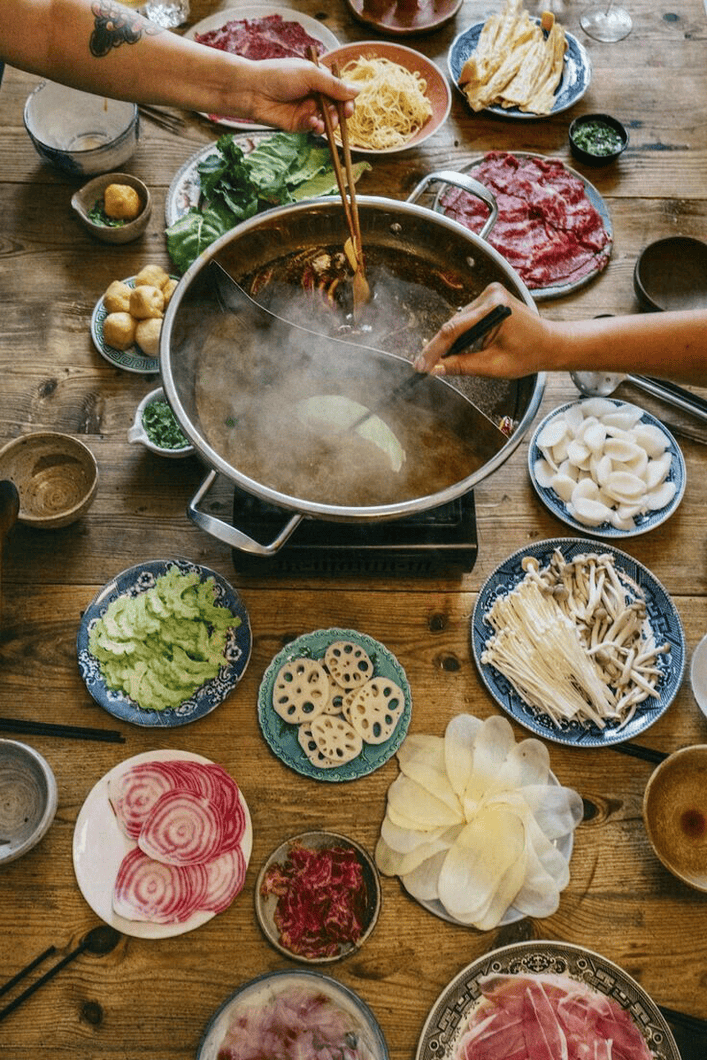
Đưa đón - I’ll be there, come rain or shine
In other words: Hop on. Hold tight. Wear your helmet. I’ll ride you anywhere, even when it’s scorching hot outside.
Vietnam’s population exceeds just over 100 million people, but there are 77 million scooters in total. The average middle-class family is one with at least one scooter, and that means they would have to weather the burning heat of the south and the chilling winter in the north to take their children to school, or their friends to the playground.
This scooter ownership rate illustrates that two-wheeled vehicles are serving beyond the mere purpose of commuting. They are memory-keepers.
My father owned a Honda Dream II, a slender Thai-made motorbike from the 1990s. Every summer afternoon, he would balance us brothers on its narrow seat and take us to ping pong training. We’d pass the flickering streetlights and tell him stories about the dynamics of the children's world.
Come rain or shine, he was always there waiting at the corner like clockwork to pick up his two precious princes.
Five p.m. sharp and love was there, ready to be in motion.
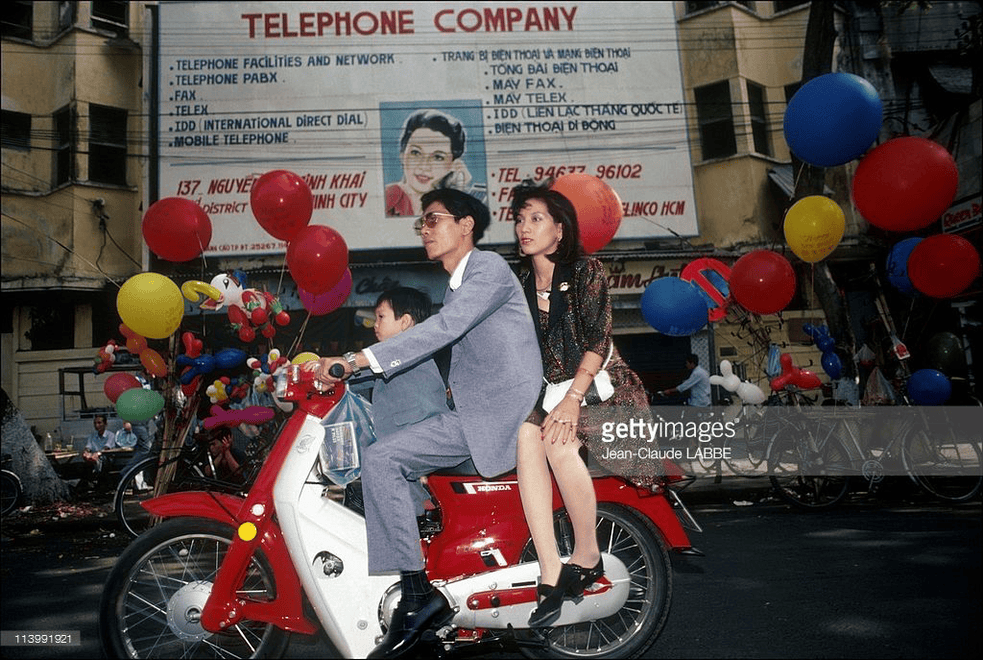
“Cứ để đó” - Let me do that for you
In other words: Whether it’s a sibling doing your chores in silence, a friend holding your bag, or a partner silently peeling fruit for you, service becomes a universal gesture of love.
It is as simple as this phrase: “Let me lighten your load.”
In traditionally Confucianist families, daughters served fathers and mothers served children. But love in today’s Vietnam has evolved. The duty to serve is no longer about hierarchy but connection. Whether male or female, young or old, we all carry this tender tradition, the tradition of showing love through doing.
In many Vietnamese households, hospitality is more than politeness. It’s devotion. To visit someone’s house and insist on helping can feel like denying them the joy of care. They’ll bring out the best dishes, pour your tea, refill your bowl before you even ask. Your only role, as a guest, is to receive.
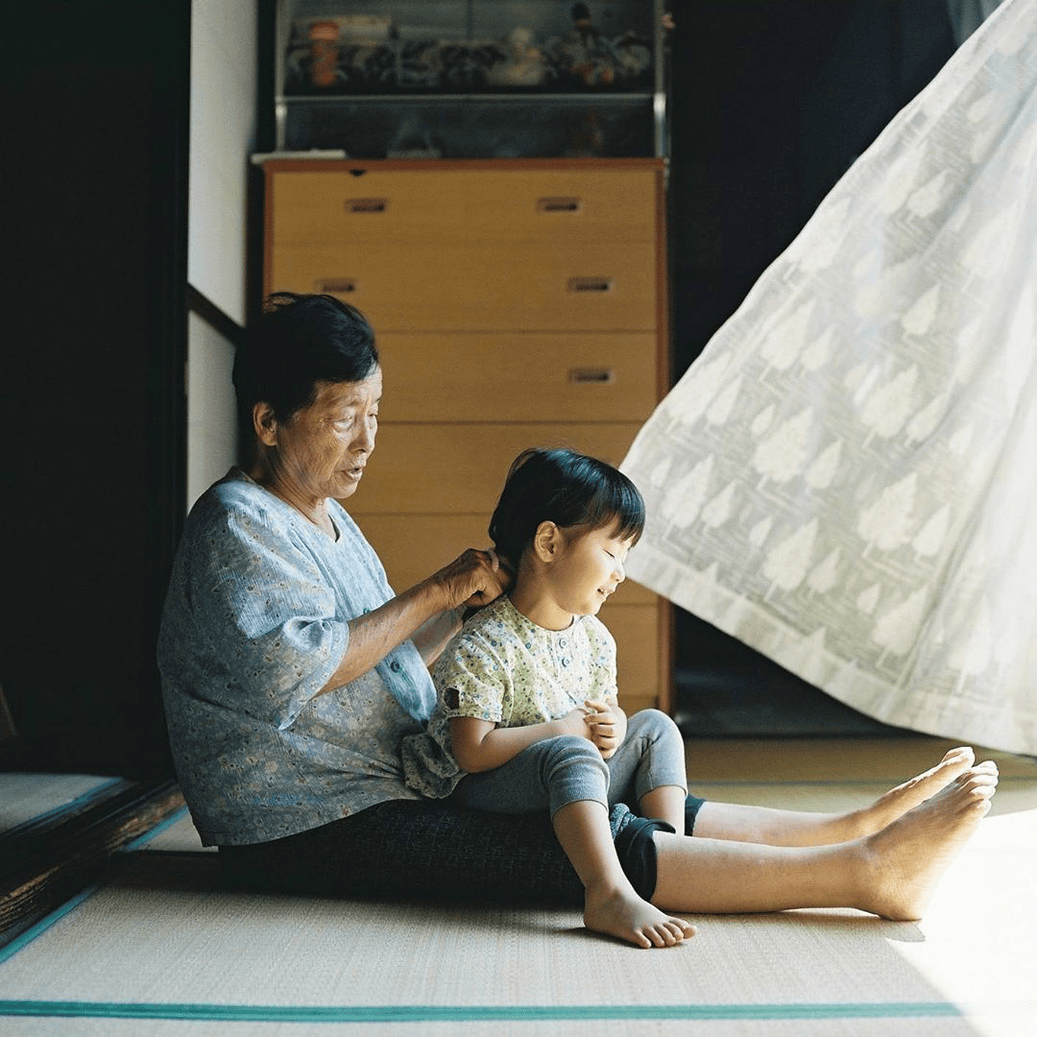
La Rầy - When scolding means “I care”
In other words: Love translated through worry. “Put on a jacket” means I want you warm. “Don’t skip meals” means I want you to be healthy. “Study harder” means I want you to be successful.
A parent might scold their kids for not dressing warmly, for skipping meals, for forgetting their helmet under the scorching heat. The flare-ups from navigating cơm-áo-gạo-tiền (the daily grind to make ends meet) feel ordinary, but beneath them lies something inherited: a cultural belief that discipline is protection, that scolding is a form of love.
My paternal grandmother had eleven offspring. Of that eleven, only one was a daughter. As my grandfather passed away from cancer before my father even turned ten, she was left to handle a whirlwind of boys by herself. She sold boiled peanuts, smuggled silk fabric from the border, and hustled every corner of the market to serve one big dream: to send all eleven to college.
Shouldering all that responsibility meant she was fatigued, and fatigue sometimes meant anger. She passed some of that anger onto my dad, and from my dad onto me. The la rầy was intergenerational, but so was love.
“Giận thì giận, mà thương thì thương” - Mad is mad, but love is love.
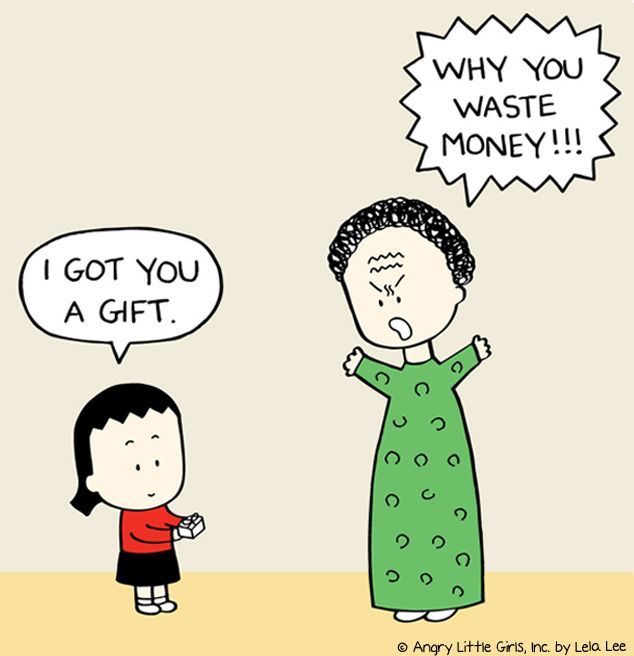
Thức Khuya Chờ Cửa — Waiting Up for You
In other words: The door stays unlocked. The lights stay on. I won’t sleep until you’re home.
To say you’re the treasure your parents raised and guarded might sound extreme, but in many Vietnamese households, that’s exactly how children are seen: precious, fragile, and fiercely protected. No matter your age or the hour, your parents can’t rest easy until the sound of the gate creaks open and your footsteps echo through the hallway.
There is always a rhythm to these late-night returns: a blend of la rầy and chờ cửa. They’ll open the door with a tired face and a flurry of scolding: “Why so late?” “Do you know what time it is?” Underneath the storm is nothing but worry. After the scolding comes the softness: a reheated bowl of rice, a plate of leftover soup, a quiet reminder: “Eat something before you sleep.”
Because even in silence, even through frustration, they were waiting. And for someone who loves you, waiting is one of the oldest forms of love.
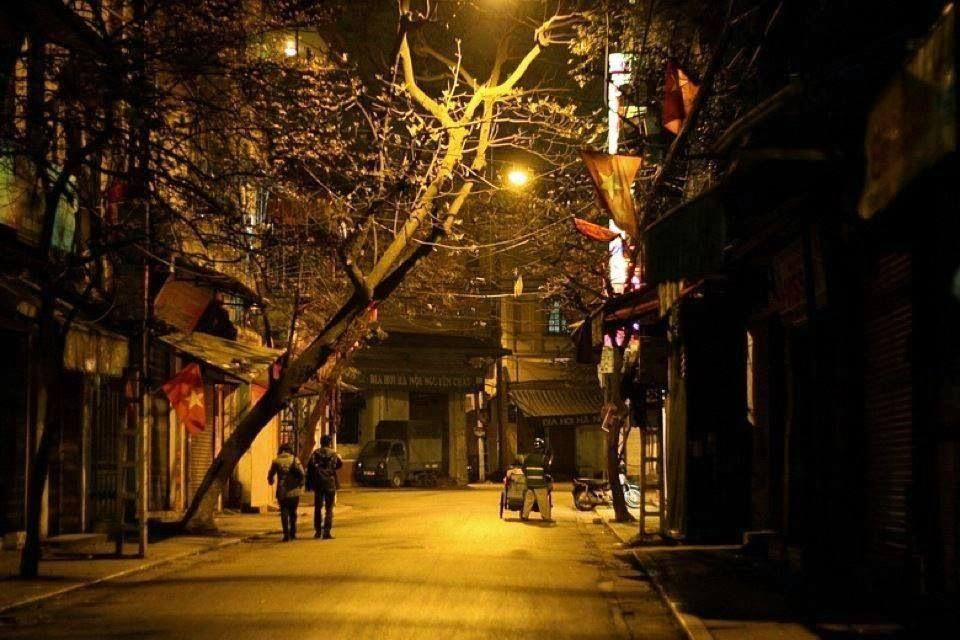
The Quiet Love
Love arrives folded into the everyday: in the food served before your bowl is empty, in the seat of a motorbike warmed before dawn, in the quiet act of waiting behind a door.
Because love cannot always be expressed through words,
Because sometimes, “Have you eaten yet?” is the most tender confession of all,
Because to be loved the Vietnamese way, sometimes, is to be carried, fed, scolded, waited for.
